Special offers on offering lamps, consecration, and burning incense
$229.00 Original price was: $229.00.$209.00Current price is: $209.00.
Offering lamps for blessings 🙏 Nurturing love and compassion 💗
The merit of offering lamps before the Buddha is dedicated to all compassionate beings who have made vows. May all karmic obstacles be eliminated, may blessings and wisdom increase, may all illnesses be eradicated, and may the body be healthy. wisdom increases, all wishes are fulfilled, and all aspirations are realized. May the parents of this life be blessed with longevity, and may the parents of past lives, along with all their karmic creditors and relatives from past lives, and all beings they have harmed, as well as those in the hell realm, hungry ghost realm, and animal realm, all be reborn in the Western Pure Land, resolving all karmic debts and knots! May all Buddhas and Bodhisattvas compassionately protect and bless all beings with increased blessings and wisdom, the elimination of karmic obstacles, family harmony, freedom from suffering and attainment of happiness, and freedom from all suffering, disasters, epidemics, afflictions, illnesses, and sorrows. May all beings turn their minds toward the Buddha, seek rebirth in the Pure Land, praise and rejoice, and attain immeasurable merit! 🙏 Rejoicing in the compassionate hearts of the assembly, offering lamps before the Buddha for blessings, cultivating merit for oneself, immeasurable merit! 👍 🙏 May this merit be shared with all beings, may we all attain Buddhahood together. May all three obstacles and afflictions be eliminated, may wisdom and true understanding be attained. May all sins and obstacles be eradicated, may we always walk the path of the Bodhisattva in all future lives. Om Ah Hum
A single incense stick, a heartfelt wish, a blessing—blessings from Wutai Mountain—Daijingxiang. May disasters be averted, may the weather be favorable, may all beings be happy, and may peace and good fortune prevail.As the Buddhist scriptures say, “A single petal of incense fills the ten directions, and all Buddhas can hear it.” Amidst the swirling smoke, leave blessings for family, friends, and oneself. As long as there is sincerity in the heart, the wishes will be fulfilled.Burning incense is a religious ritual to pay respects to gods and Buddhas, and it is also metaphorically used to refer to bribing those in power. In Daoism, burning incense is divided into two types: the temple master burning incense and the altar master offering incense. The former involves placing three sticks of incense horizontally in the incense burner, while the latter involves inserting sandalwood incense into the burner in stages, with strict attention to direction. Kneeling and bowing are performed in accordance with rituals such as three bows or nine bows, symbolizing the “81 transformations” cosmology. Buddhism emphasizes burning three sticks of incense with a pure heart to offer to the Three Treasures of Buddha, Dharma, and Sangha, advocating that “a single petal of incense from the heart” resonates with the Dharma Realm, and that upholding precepts and cultivating virtue is the “true incense.”
“Kāiguāng” is a ritual in religious or folk beliefs, commonly found in Buddhism, Taoism, and some traditional cultures. Its core meaning is to endow objects with ‘spirituality’ or “sacredness” through specific rituals, thereby granting them symbolic or practical significance.In Buddhism, it represents sanctification and connection. Buddhist consecration ceremonies are typically performed on Buddhist statues, ritual objects, and prayer beads, led by high monks who recite sutras and mantras. This symbolizes awakening the “spiritual essence” of the statue or object, making it a tool to assist believers in their spiritual practice. Buddhism emphasizes that the essence of consecration is to “awaken the inherent light of all beings,” meaning the ritual serves to remind believers of their inherent enlightenment, rather than simply endowing objects with divine power.For believers, consecrated items are regarded as a medium connecting them to deities or Buddhist teachings, enhancing faith and dispelling fear (e.g., wearing amulets). From a psychological perspective, such rituals may provide a sense of stability through psychological suggestion, helping individuals focus their minds and alleviate anxiety.In folk traditions, consecration is commonly applied to talismans (e.g., jade pendants, bracelets), vehicles, and homes, believed to ward off evil, prevent disasters, and attract wealth and blessings. For example: house blessings (cleansing the home) and car blessings (praying for safety) are often combined with local customs.
We offer blessings for amulets, which are easy to carry. They can be placed in cars, phone cases, wallets, bedside tables, drawers, and so on.


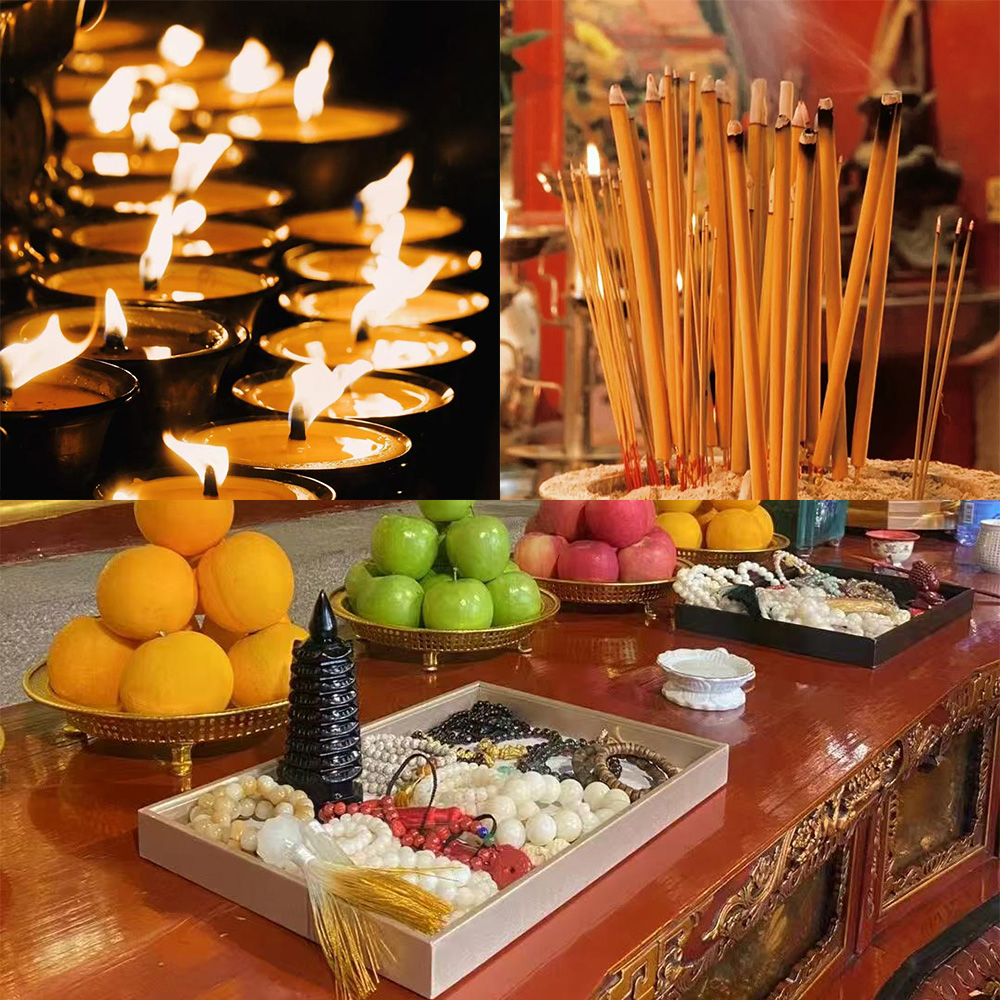
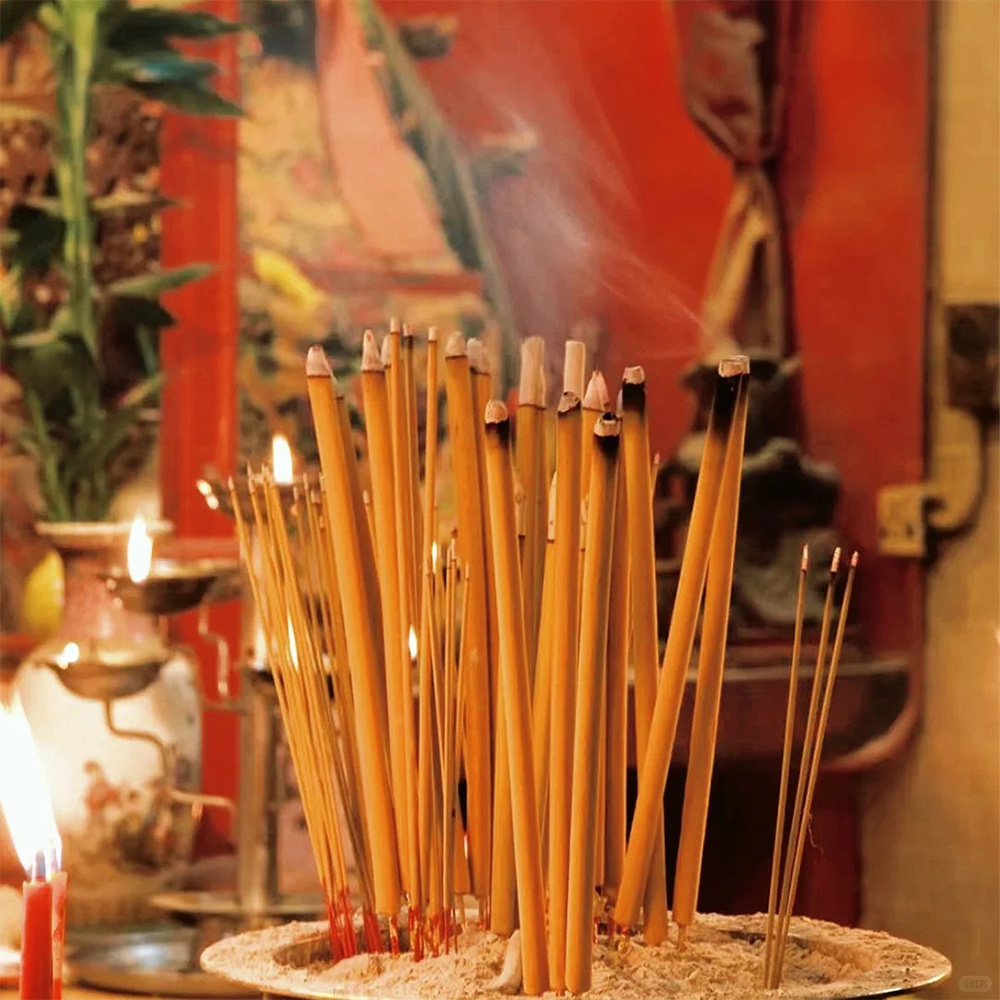
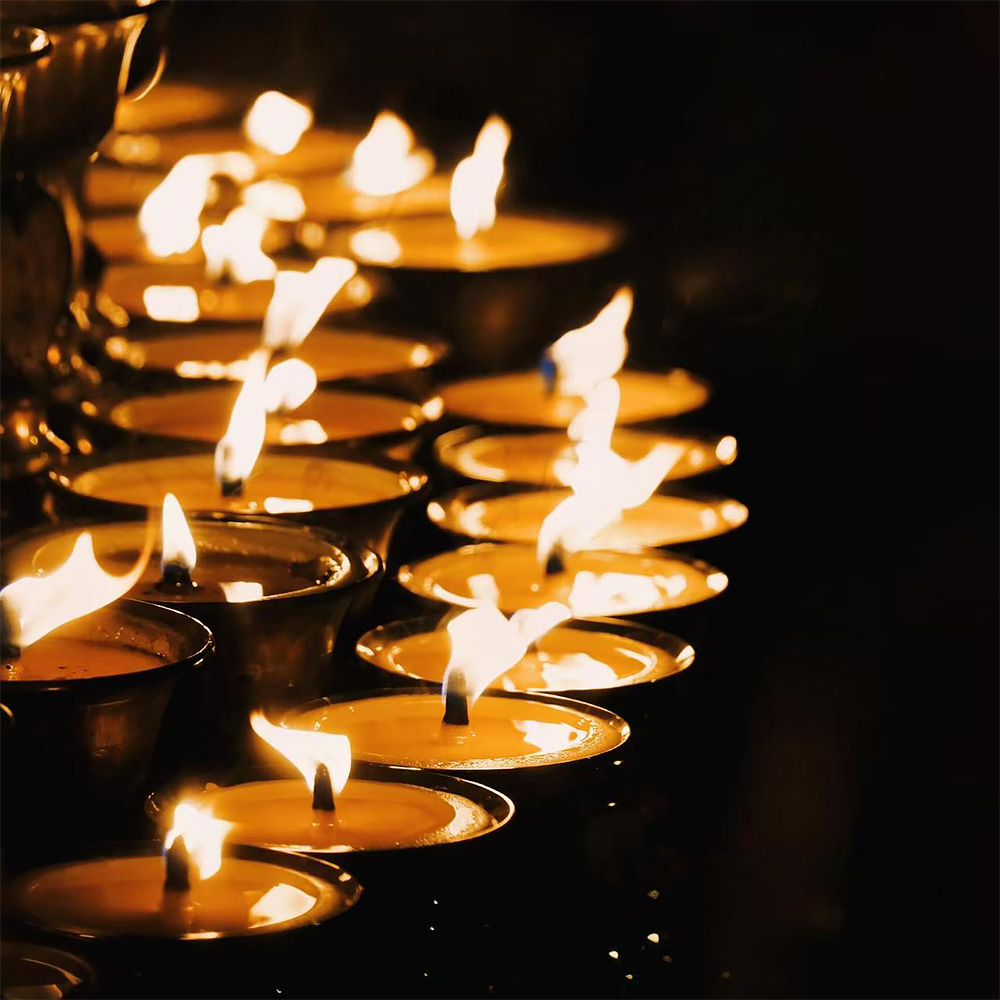
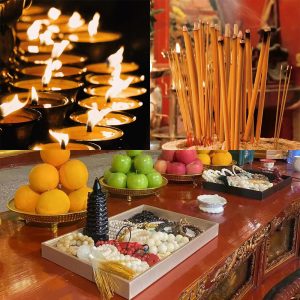
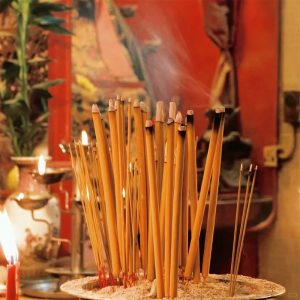
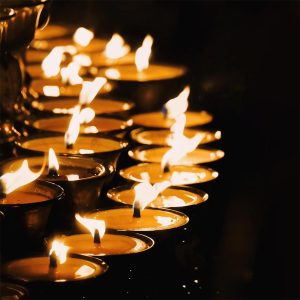


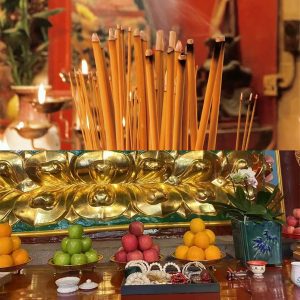



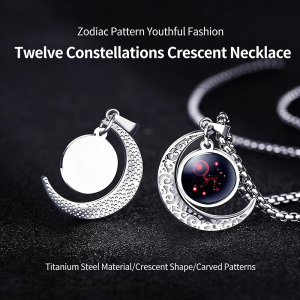




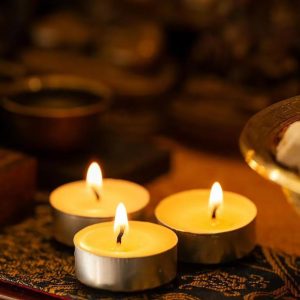

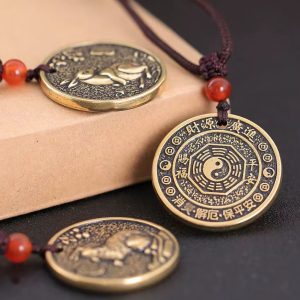
Reviews
There are no reviews yet.